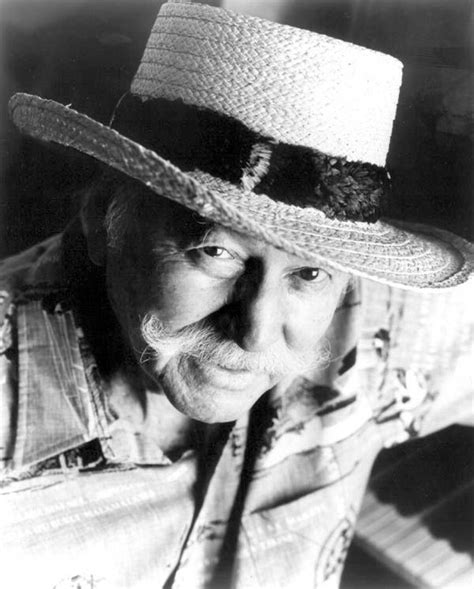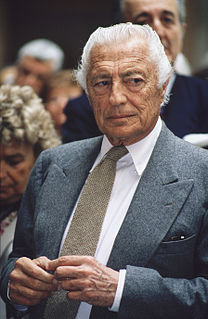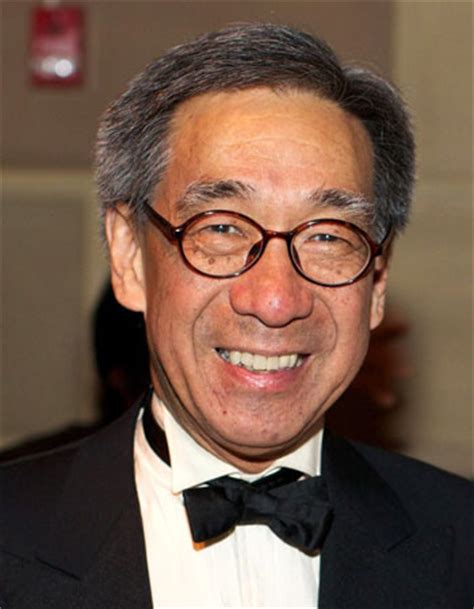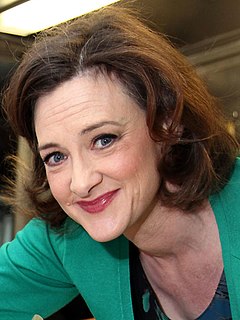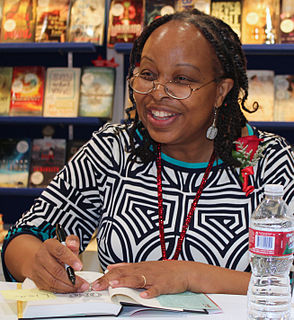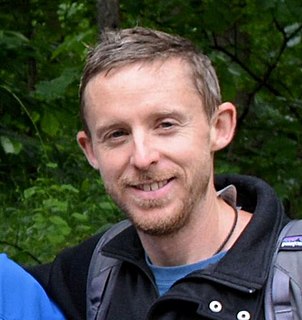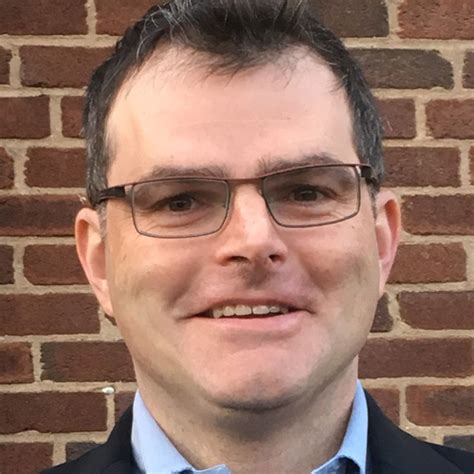A Quote by Martin Denny
Our ages ranged from 22, down to 18, and we had a 6 month contract to go to Bogata, Columbia. And of course, it was during the depression, we were still with our parents, and things were still pretty tough on them back in the United States.
Related Quotes
Something else was different when we were young: our parents were outdoors. I’m not saying they were joining health clubs and things of that sort, but they were out of the house, out on the porch, talking to neighbors. As far as physical fitness goes, today’s kids are the sorriest generation in the history of the United States. Their parents may be out jogging, but the kids just aren’t outside.
We all faced painful ethical challenges before we even knew how to spell our names. There were tough choices. Tradeoffs. Confusing signals regarding how to live one's life. And here we are now, today, still struggling. Still trying to sort things out. Still trying to work our way through life effectively. About the only thing that has changed is the scope of the problem. There's more at stake now. And we're in a position, as grownups, to do a lot more-good or bad-for ourselves, our organization, our world. But we still must wrestle with our imperfect ethics.
Being Chinese immigrants in the United States, it was important for my parents to maintain ties that went back a long time. They led by example. My dad didn't bring his work pressures home. We were always aware of them and would go as kids to his office and run around. But when he came home, he was able to leave things behind, at least from our perspective, and focus on us.
Happiness is not like we were walking around fingering razor blades or anything like that. But it just sort of seems as if - we sort of knew how happy our parents were, and we would compare our lives with our parents and see that, at least on the surface or according to the criteria that the culture lays down for a successful, happy life, we were actually doing better than a lot of them were.
Some parents were awful back then and are awful still. The process of raising you didn't turn them into grown-ups. Parents who were clearly imperfect can be helpful to you. As you were trying to grow up despite their fumbling efforts, you had to develop skills and tolerances other kids missed out on. Some of the strongest people I know grew up taking care of inept, invalid, or psychotic parents--but they know the parents weren't normal, healthy, or whole.
There had been a free and open election in Haiti in the early 1990s and president Jean-Bertrand Aristide won, a populist priest. A few months later came the expected military coup - a very vicious military junta took over, of which the United States was passively supportive. Not openly, of course, but Haitians started to flee from the terror and were sent back and on towards Guantanamo Bay. Of course, that is against International Law. But the United States pretended that they were "economic refugees."
One of the great things about being a grandparent is you get to redo what you didn't or couldn't do as a parent. Oftentimes we forget that even while the parent is parenting, they're still a growing person. They're still trying to fix themselves. They're still out there not doing everything a hundred percent correctly. I had the best parents I could ever have, but the kinds of things that they were capable of doing, the things that they said and did, were very destructive to my sister, brother, and me. But they're so much more than those things.
There are specific things in our world that are incredibly dangerous. Wingsuit BASE jumping is the very, very top of that. Big alpine climbing objectives are maybe right below that. I've probably had 20 friends die - people who were pretty close to me. I would say about 18 of them were because of snow.
There are lots and lots of challenges that I wished - at the time - that I had done.There are lots of occasions where there were exciting things to be done but for some reason or another it was physically impossible for us to do them. I still wouldn't mind if I was able to go down into this most impressive valley in the Antarctic, but of course those things are beyond me now.
